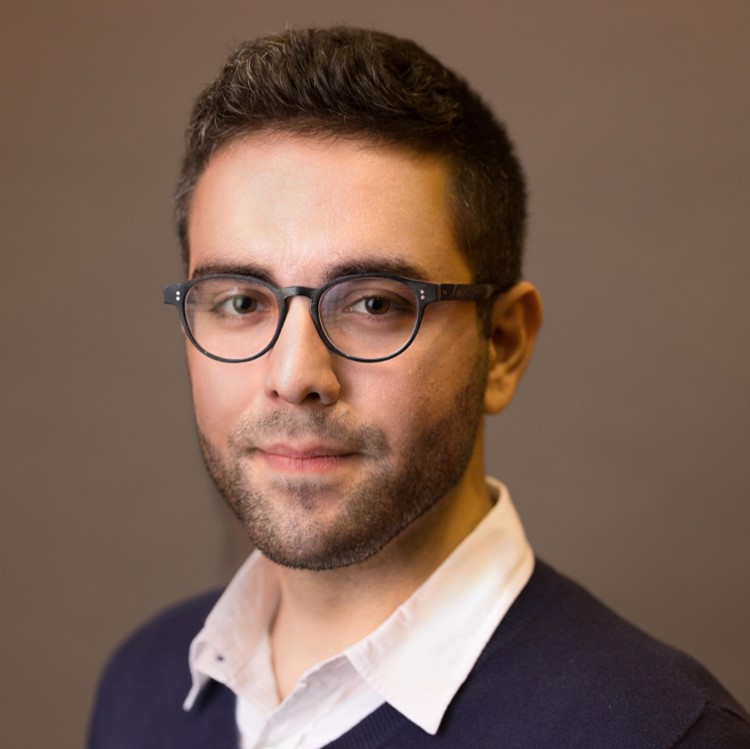Finding and applying for workshops, awards, and other opportunities during grad school
Hadi Fares
Graduate school was a great time to participate in workshops, conferences, and competitions where I was able to share results, learn about what is happening in my research field, and meet new people. These events provided opportunities to acquire technical and soft skills, discover alternative career options, and travel to new places! Throughout grad school I had the chance to participate in a national science communication competition, visit national labs to learn about neutron and x-ray scattering from experts, and attend a workshop to explore what it takes to succeed at a job in academia. Below are some ways I have used to find or follow these events. Most of them might seem obvious, but I hope that at least they serve as encouragement for others to seek and apply to different opportunities.
- Bookmarking/saving webpages or emails that include announcements for events I was interested in. Having links to relevant opportunities allowed me to check for updates and submission dates every now and then. Subscribing to newsletters from organizations and scientific societies is also very helpful. They might send a lot of less substantive emails, but some could include information on an award or a conference one might be interested in.
- Even better, making an excel sheet of workshops/conferences that I was interested in. Saving them in one file was helpful to sort them in chronological order or separate them into some that were immediately relevant and others that had candidacy requirements or were more suitable for senior grad students. I would update this list every now and then with submission deadlines and requirements, or with the status of an application I sent.
- Social media is key. Some events are poorly publicized (or publicized only within certain small circles). Following the right people/organizations is really helpful. Even if one is not into social media, having an account to follow people in a certain field is important to keep up with new opportunities and scientific progress (currently, Twitter is great for chemists). For example, I have stumbled upon accounts announcing an event or congratulating one of their group members for an award that I was also eligible for. In the same (social) sense, I would ask people at conferences and workshops what other events they have attended or are attending next.
The real work began when I found opportunities I was interested in. The length of an application or its requirements can seem intimidating at times. Not having the necessary funds to pay for an event can also be a problem. Below are some things that I keep in mind when applying to opportunities.
- Reaching out to one’s advisor or other referee (for example, committee members) early enough when a reference is needed. This should be the rule of thumb for any kind of application. Asking early for recommendation letters gave me time to explain the opportunity I am applying to and provided referees with enough time to write something good (hopefully).
- Searching for financial help or external funds. Many workshops and conferences allocate funds to allow more people to attend, but their unavailability should not be a discouraging factor. Funds can be available through the university, funding agencies, and awards and prizes from scientific societies. In some cases, it is also a good idea to reach out to the organizers to ask whether their event has discretionary funds to help eligible attendees who might need it.
- Not giving up. This is probably the most important part.
- It is important not to feel discouraged before applying to something because one might think he/she would not get it. The goal is to put an effort in the application and worry about the outcome later. I have heard the following many times: we would never know whether we can get an approval/acceptance unless we apply.
- Many applications or nominations will fail. This is part of the process. In this case, I try to think about what I learned and move on quickly. Sending the application is beneficial by itself as it is an opportunity to refresh my CV and, in some cases, work on my writing skills.
Grad school is much more than studying and research. Seeking different opportunities exposes students to new experiences and improves their resume. Searching and applying to different workshops/awards should be done regularly as part of every graduate career. If a certain application does not succeed, one should accept failure and move on to the next item on the list (or apply again next time).

Dr. Hadi Fares is a NASA Postdoctoral Program research fellow working at Pennsylvania State University
Related Content:

Guest Forum
Writing a Winning NSF Proposal
